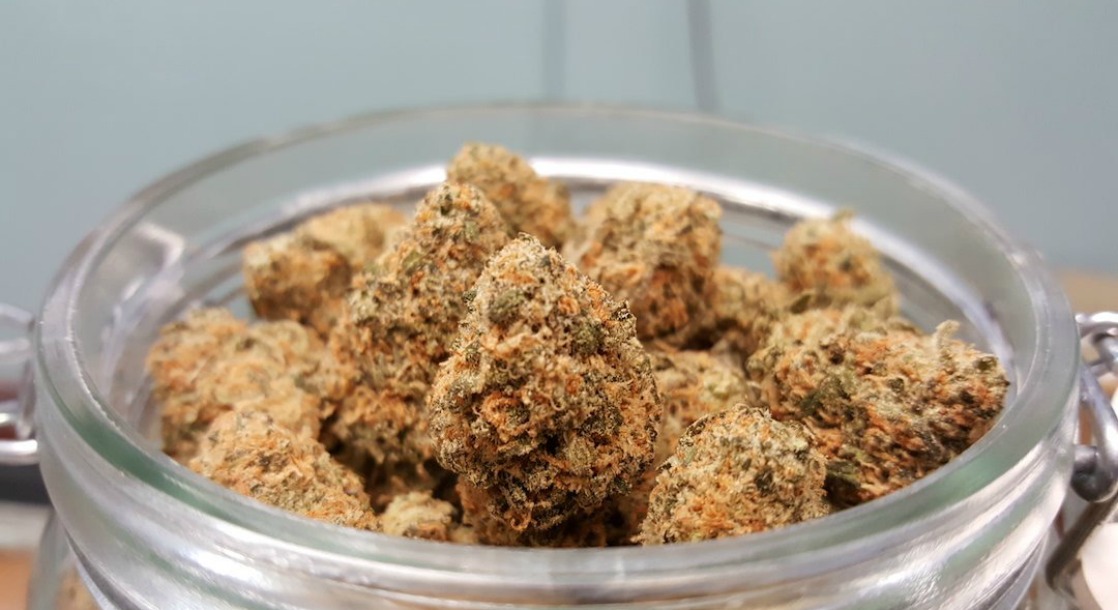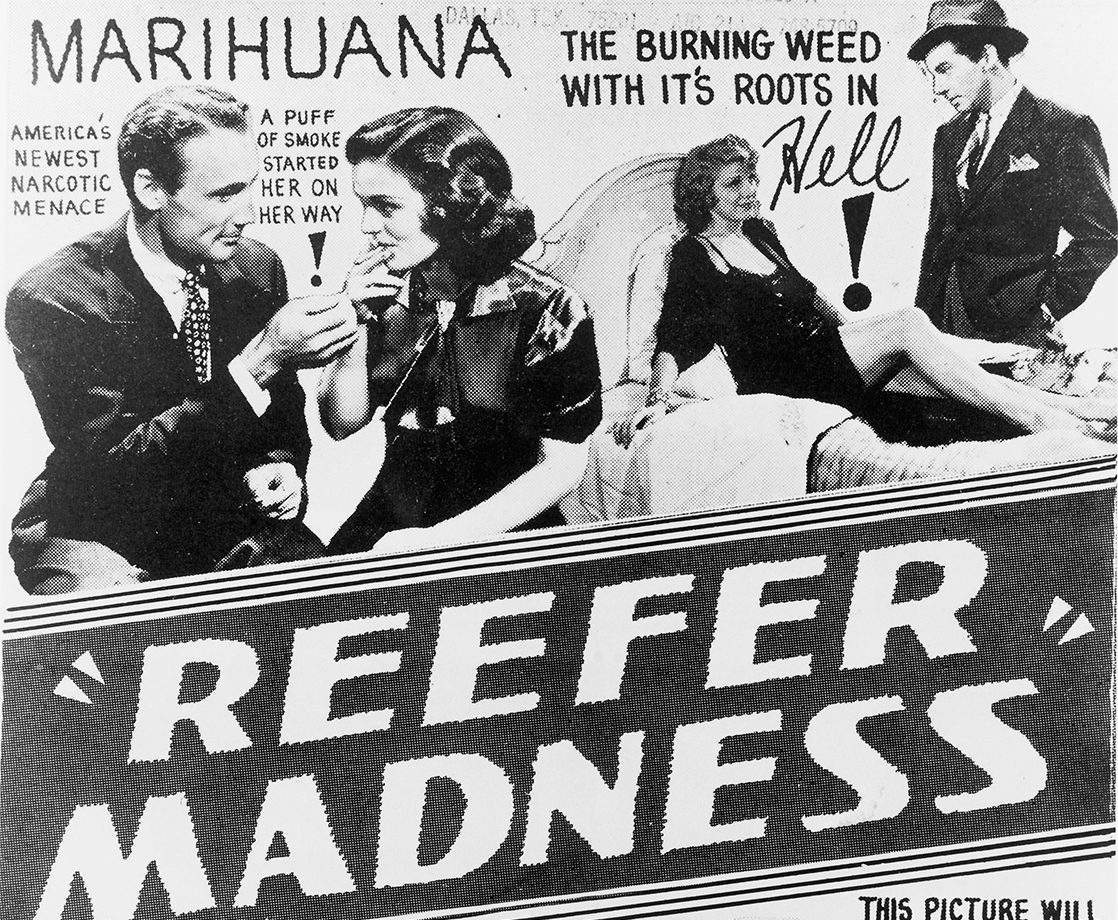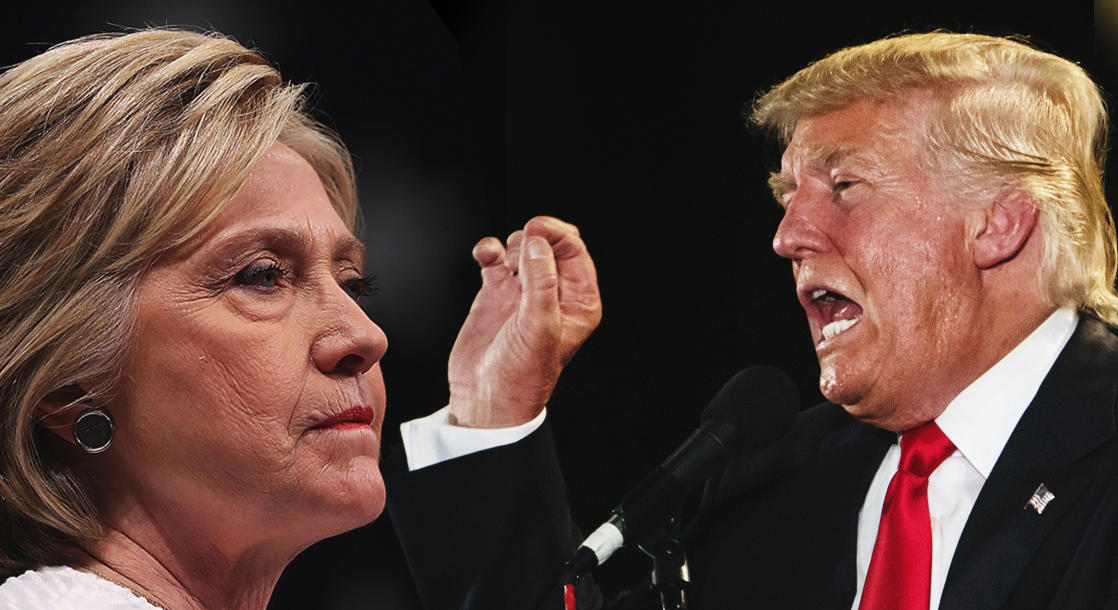Earlier this month, the Nevada Tax Commission approved a measure that will allow medical marijuana dispensaries to acquire temporary licenses to sell recreational marijuana. Early sales begin on July 1st, giving dispensaries a little over a month to handle the additional paperwork needed to secure a chance at this lucrative opportunity.
“It’s great news for everybody,” Ben Sillitoe, CEO and co-founder of Las Vegas dispensary Oasis Cannabis, told Marijuana Business Daily.
The state Department of Taxation began accepting applications on May 15th, and will continue to accept them until the 31st. Only currently-licensed medical marijuana businesses that are operating “in good standing” are eligible to apply at this time. The licenses will be valid through next March. Fortunately for dispensaries, the licenses will not force retailers to create separate physical spaces for medical and recreational customers.
Applicants for the preliminary recreational sales must submit a nonrefundable $5,000 application fee along with a license fee that varies depending on the type of business. Growers must pay $30,000 for the temporary license, retailers must pay $20,000, testing labs and distributors $15,000, and product manufacturers $10,000. These licensing fees can be deducted from the cost of the permanent licensing fees though, so companies that want to carry on with retail sales will not pay twice for the same permit.
In addition to the application and fees, businesses must get written support from their local government in order to obtain a temporary license. This could prove problematic for some businesses, as several Nevada towns and counties have created temporary moratoriums against marijuana sales. “If anyone gets denied, that’ll likely be the reason,” said David Goldwater, managing partner of Vegas dispensary Inyo Fine Cannabis.
The early kickoff to recreational sales could generate an estimated $75 million in sales this year alone. Once the regulatory rules are in full effect next year, that number could eventually reach $450-550 million a year. Sillitoe applauded industry and state officials for working together “to make this happen quickly,” adding that “Nevada is a good example of how good regulation works to advance the industry.”











